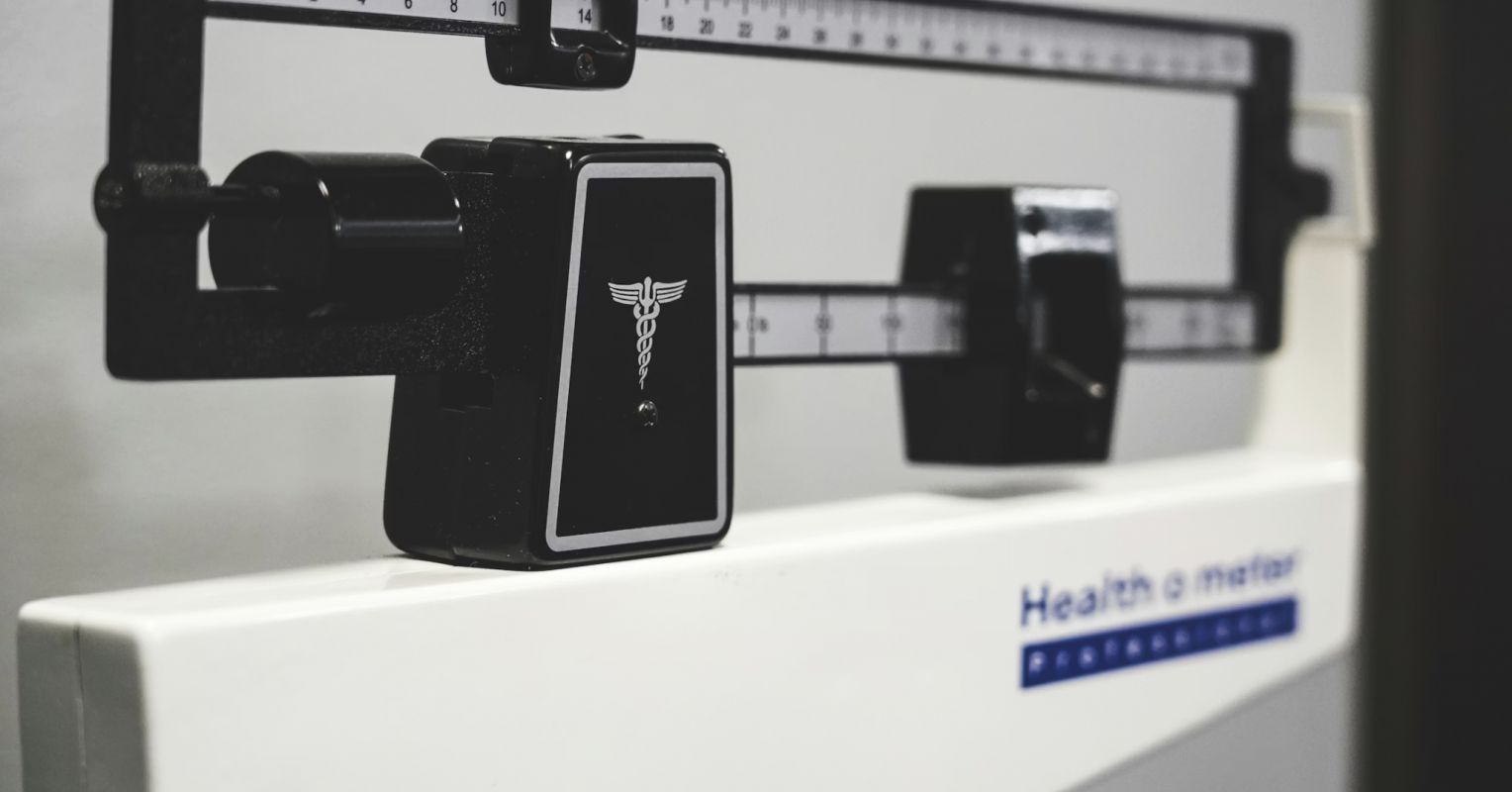
"In practice, we establish an initial goal weight as a first benchmark so we can see how the body responds when consistent nourishment resumes. This early number is not final at all. It is a starting point. And because getting weight restoration right is critically important to treatment outcome, it is worth understanding how initial goal weights are selected, why they are framed the way they are, and how they change over time."
"At the same time, the treatment team needs a way to structure the early phase of recovery and ensure that the body is receiving enough nourishment to begin repairing and regulating itself again. Before we can determine what a fully healthy weight will look like for an individual patient, we need a consistent foundation of nutrition that allows the body and mind to stabilize."
Initial goal weights serve as early benchmarks rather than final destinations, providing a concrete checkpoint to observe how the body responds when consistent nourishment resumes. Early goals give patients a tangible sense of direction and offer clinicians a measurable indicator of whether recovery is beginning. Before determining a fully healthy weight, the body and mind require a consistent foundation of nutrition to stabilize. Weight goals shift as recovery unfolds and functioning becomes more stable. Setting a goal weight is careful, individualized, and collaborative, guided by clinical experience and multiple sources of information.
Read at Psychology Today
Unable to calculate read time
Collection
[
|
...
]